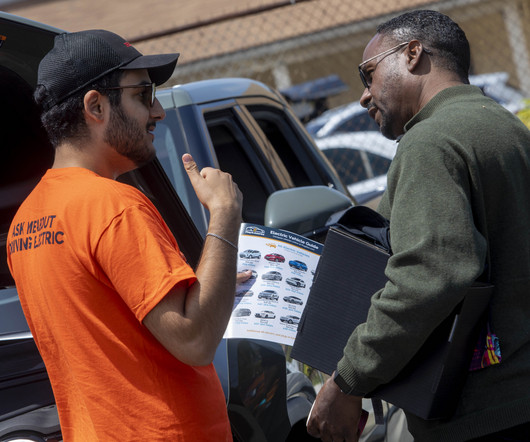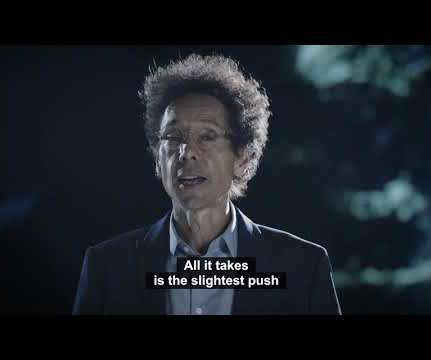Study estimates global black carbon emissions up 72% from 1960-2007; BC emissions intensity down 52%
Green Car Congress
MAY 31, 2014
teragrams per year in 2007 (+72%). The Fifth Assessment Report of the Intergovernmental Panel on Climate Change (IPCC) said BC has a direct radiative forcing of +0.4 (+0.05 Historical annual BC emissions in the residential sector (A), industrial sector (B), and motor vehicles (C) from 1960 to 2007. Click to enlarge.






































Let's personalize your content